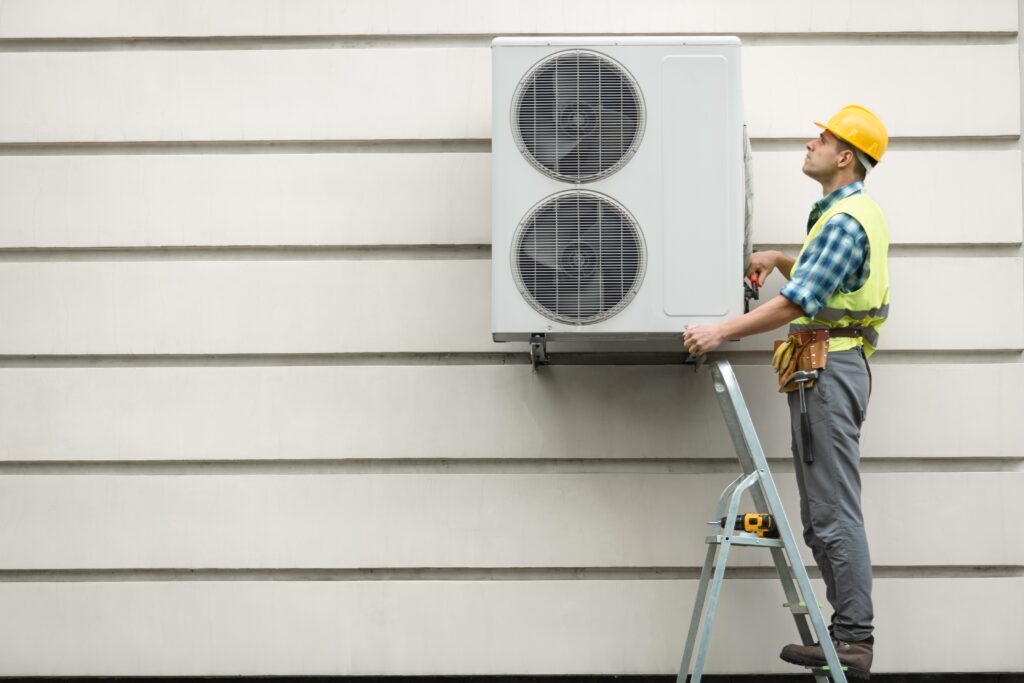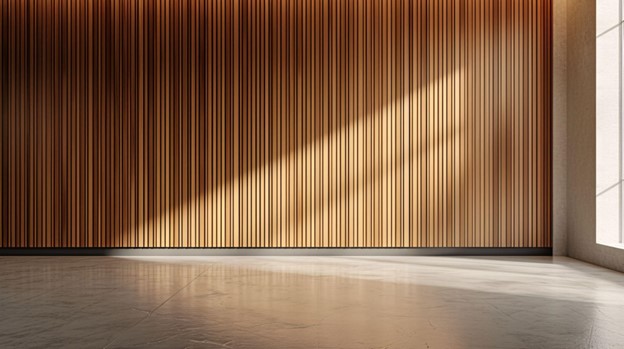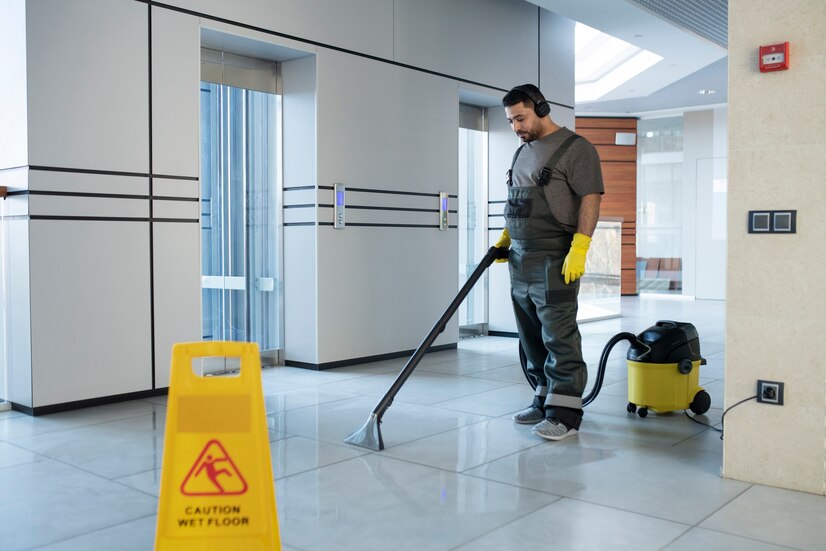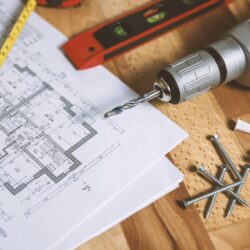7 HVAC Maintenance Tips You Should Know
The heating, ventilation, and air conditioning (HVAC) system in your home works continuously throughout the year to provide you a comfortable environment. It’s one of the hardworking home systems that require proper care. When one of the components in the system starts to malfunction or show signs of problems, timely action is necessary to avoid costly repairs.
Keeping your HVAC in good shape throughout the year is the best way to save on your monthly utility bills. It will also help you avoid dealing with the high costs of a repair job or replacement by a professional. Routine maintenance is your best bet to keep your HVAC system running efficiently and prolong its lifespan.
If you want to cut down on your monthly utility bills and avoid costly repairs or replacement, here are some maintenance tips for your HVAC system you need to know.
- Schedule Routine Maintenance By A Professional
One way to keep your HVAC system in good shape is routine maintenance by a professional. Schedule a minimum of two checkups every year, ideally during spring for the air conditioning system and during the fall for the heating. Regular HVAC checkups by a reliable professional would ensure the ideal environment for your home and help you save on your utility bills.
During routine maintenance, a professional will service, examine, and troubleshoot the system to guarantee it works efficiently and prevent any possible breakdowns. Generally, some of the tasks the technician will perform are the following:
- Inspect the thermostat settings and calibration
- Lubricate all movable components
- Secure electrical connections
- Examine and clean the condensate drain
- Assess the system control
- Check the fuel line connections, burner combustion, gas pressure, and heat exchanger
- Inspect the refrigerant charge, evaporator, and condenser coils
If you want to make sure your HVAC system is in optimum condition, don’t overlook the importance of HVAC system checkups and consider hiring a professional.
- Inspect The Filters
A dirty air filter is one of the reasons for a malfunctioning air conditioner. A maintenance task you can do yourself is changing the filters to improve efficiency and reduce the monthly utility bills.
Check the air filters every month to ensure it’s not dirty or clogged. If it’s messy, it requires a thorough wash. You can change the filter once every three months. Sadly, if it looks significantly dirty, it’s best to replace it right away.
If you have a reusable filter, make sure to clean it carefully using a soft cloth. If you don’t have a reusable filter, buy a new one at any home improvement store.
Additionally, if you have family members with allergies, consider getting a hypoallergenic or high-efficiency particulate air (HEPA) filter to purify the air effectively. You can Contact ac repair allen tx.
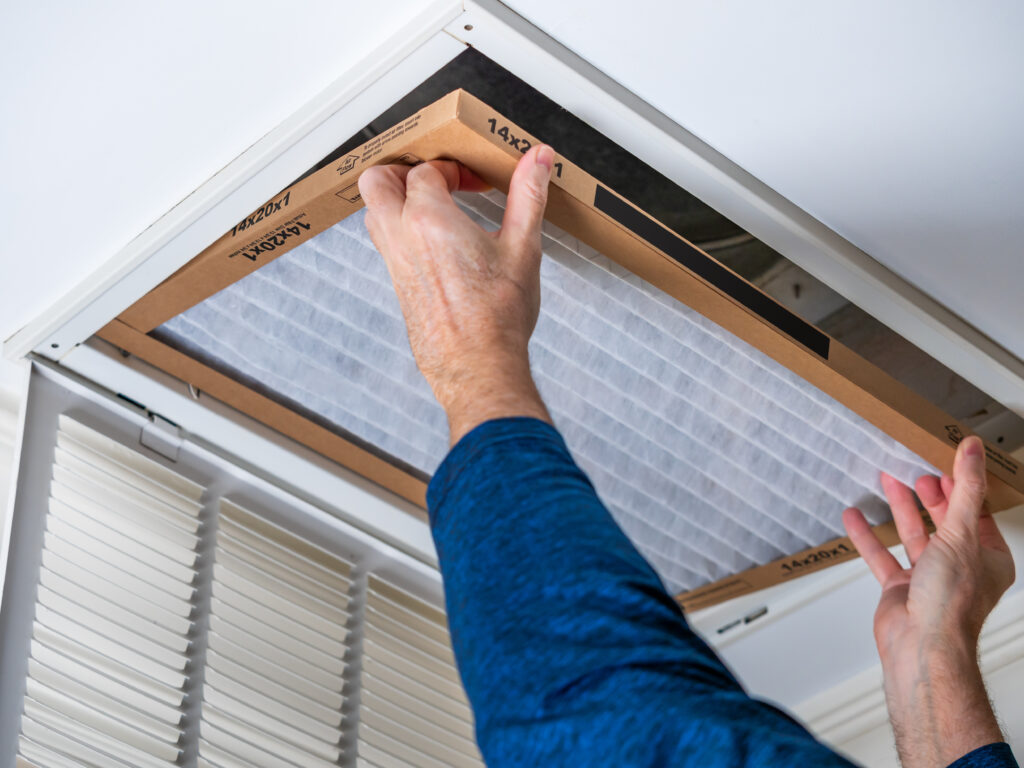
- Clear The Area Around The Outdoor Unit
The outdoor unit requires attention especially if there’s a buildup of leaves and vegetation. Keeping the area bordering the unit free of barriers will prevent any disruptions to the airflow.
Cut down any nearby trees or bushes to ensure adequate clearance, ideally around two feet on all sides. Make sure to watch out if you have shrubs or trees that produce large amounts of pollen since they’re capable of clogging the condensing units.
After clearing the space, spray the unit’s exterior with a water hose to loosen up and eliminate any embedded dirt or debris. It’s not advisable to use a washer since it can cause permanent damage to your unit.
- Clear The Vents
If you want to keep your HVAC system in optimum shape, make sure the air can readily flow in and out of the unit. You need to check if carpets, curtains, or furniture do not block the vents. Keeping the vents clean will allow the air to flow freely, so your system works efficiently.
- Regulate The Temperature
Regular maintenance of your HVAC system will also require you to regulate the temperatures at a comfortable range and avoid overusing it, especially if you’re away or during nighttime.
It might be best to install a programmable thermostat to adjust the temperature automatically at different times of the day. Once you allow your home to have a cool temperature during the winter and a warm one during summer while you’re away, the system will run less frequently to lessen the power consumption and prolong its lifespan.
Depending on the thermostat you have in your home, some are part of the electrical system while others operate on batteries. If you have a battery-powered thermostat, you should replace the batteries at least once a year to prevent issues down the road.
- Arrange An Inspection Of The Ductwork
The ductwork is one of the crucial components in your HVAC system. Make sure it gets regular inspections by a professional, ideally every several years, to pinpoint any blockages and problem areas.
Throughout the years, debris, dust, and dirt can build up in the air ducts. If you overlook routine inspection, the buildup can disrupt the flow of air, which can strain the system and eventually allow issues to develop. The ducts can also trap dander, hold pests, or end up with leaks in which the air can seep out.
Routine duct cleaning can help improve indoor air quality and keep your system healthy with the steady flow of air.
- Maintain The Carbon Monoxide Detector
The carbon monoxide detector is a crucial safety device in your home, especially if you have a combustion-based heating system such as fuel oil or natural gas. When an unforeseen event occurs, such as poor ventilation, exhaust or gas leak, and any other malfunction, this device can save lives.
Generally, a carbon monoxide detector has an average life span of around seven years. One way to ensure the device’s functionality is to test it every month to check if it’s working and replace it if necessary. Don’t forget to change the batteries, ideally every six months.
Conclusion
Regular maintenance must be your priority, and you should always consider the importance of HVAC system checkups for the overall safety of your home. Scheduling an inspection with a professional and performing maintenance tasks or correcting minor issues yourself will help prolong your system’s lifespan and overall efficiency. When your HVAC system is functioning optimally, it’ll effectively keep your home comfortable throughout the year.
20 Indian Kitchen with Window Design: Practical yet Presentable
With the changing trends in home, a kitchen with window design has stayed a paramount feature of Indian kitchens for its functionality as well as aesthetic purposes. Kitchen is the heart of Indian homes. It’s the most dynamic space in any Indian household— where traditions are passed down, flavors are crafted, and many stories are […]
Read MorePlywood: Your Unsung Interior Design Hero
Plywood – It’s that often overlooked material hiding behind your kitchen cabinets and bookshelves. But let’s give it the spotlight it deserves! This versatile, strong, and affordable material can be a game-changer in your interior design journey. Let’s see more about plywood and how it can help with your interior design. Why Plywood? You might […]
Read More20 Breakfast Counter Designs: Amazing Indian Kitchen Choices
How many of you have the time to enjoy a family meal instead of an individualized quick bite? Breakfast counter designs in India exemplify societal changes, new culinary preferences, and cultural dynamics. With hectic lifestyles and changing work patterns, breakfast has shifted from a family-oriented meal to a functional individual affair. A large wooden table […]
Read MoreParisian Chic: Remodeling Your Kitchen with Modern French Style
Kitchens are arguably one of the most active places in our homes; as such, renovating kitchens can be a complex and at the same time, an engaging task. Assuming that you are in search of a style that will suit both young and older generations and at the same time fashionable yet classic then you […]
Read MoreTADstories with Aakashi Mehta | Aakashi Mehta Designs
Aakashi Mehta, the founder of Aakashi Mehta Designs, shares her passion for interior spaces and design which has made design a crucial part of her life. Aakashi Mehta Designs is an interior design studio situated in the city of Ahmedabad. The firm prioritizes user experience and the requirements of the clients to promote a healthy […]
Read More20 Captivating Wall Color Combinations For Your Living Room
Choosing the perfect wall color combination for your living room can be a game-changer. It sets the tone, reflects your style, and makes your space feel uniquely yours. The right hues can transform a dull room into a vibrant oasis or a chaotic space into a serene retreat. Wall colors can create moods, influence emotions, […]
Read MoreThe Importance of Professional Cleaning in Modern Architecture
Modern architecture, with its clean lines, open spaces, and sleek materials, is a testament to aesthetic appeal in today’s fast-paced world. Preserving these elements requires professional cleaning services, which play a crucial role in maintaining the structures’ visual allure and longevity. According to recent statistics, the cleaning industry is projected to grow by 20% annually, […]
Read MoreModern Dressing Table Designs for Bedroom: 15 Indian Style
Relating to the contemporary is fashion, and adopting that popular style is a trend. Modern dressing table designs for bedrooms seem to be a popular trend, adding glam to fashion. Did you know that some objects are gender-based? Yes, a vanity box, known as an airtight box, contains cosmetics and toiletries for women. Historically, the […]
Read MoreSunmica Designs: Great Shades for Great Beginning
Senses like touch and sight associate well with pleasure and satisfaction. Well-crafted Sunmica designs inject those emotions in varying patterns, textures, and thicknesses. People perceive these designs predominantly as a decorative element to view and comforting to touch. To define, ‘Sunmica’ is the name of a brand that has rewritten the history of laminates with […]
Read More20 Modern Texture Paint Designs to Elevate Your Home Decor
Looking to add a fresh, dynamic touch to your interior design? Modern Texture paint designs is your answer! Unlike traditional flat paint, textured paint brings depth, interest, and personality to any space. Whether you’re aiming for rustic stucco finishes or sleek metallic accents, its versatility lets you customize your walls to match your unique style. […]
Read More
